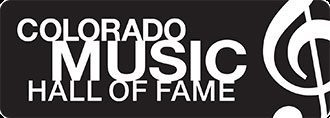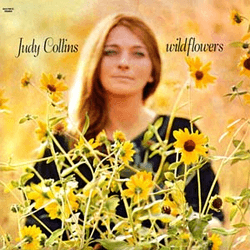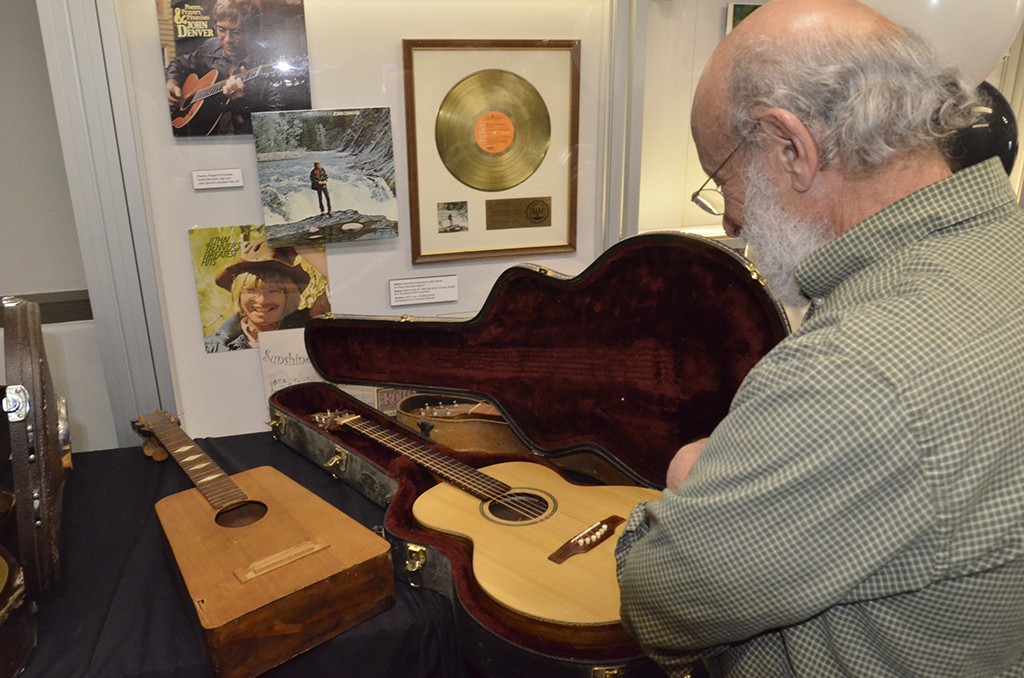Baseball season is upon us, and this fan learned long ago to accept music as a big part of seeing the Colorado Rockies play at Coors Field.
During the 1996 season, whenever a Blake Street Bomber would step into the batters box, a snippet of a classic rock song was blared over the P.A. system—how many times did Dante Bichette “go yard” after being pumped up to the strains of Peter Gabriel’s “Sledgehammer” or George Thorogood’s “Bad to the Bone?”
I watched pitching coach Frank Funk make his way to the mound for a conference with a member of his beleaguered staff. He wore No. 45, so the back of his uniform read “Funk 45.”
And it dawned on me—shouldn’t it be “Funk 49,” as in the James Gang’s hit “Funk #49?” Wouldn’t it be great if fans could hear Joe Walsh’s satisfyingly heavy rhythmed guitar riff whenever Coach Funk left the dugout?
So, as part of my duties as the popular music writer for The Denver Post, I tracked down Funk and asked him if he’d consider switching his number.
“It wouldn’t make any difference to me,” he said. “I don’t have an attachment to numbers of any kind.”
Sweet! But Funk had never heard the James Gang’s “Funk #49.”
“I like the mellow jazz—the Grover Washingtons, the George Bensons, the Earl Klughs,” he explained.
“I’ll think I’ll pass. I’ve already got everything marked No. 45. I don’t want to have to do it again.”
So the impetus for change had to come from a Joe Walsh devotee. Chico, the Rockies’ equipment manager, was a huge classic rock fan. He read my column and changed Funk’s number to 49 without telling him! That’s right, I changed the culture of our national pastime.
I don’t think the team ever played the song, though…
G. Brown
CMHOF Executive Director




